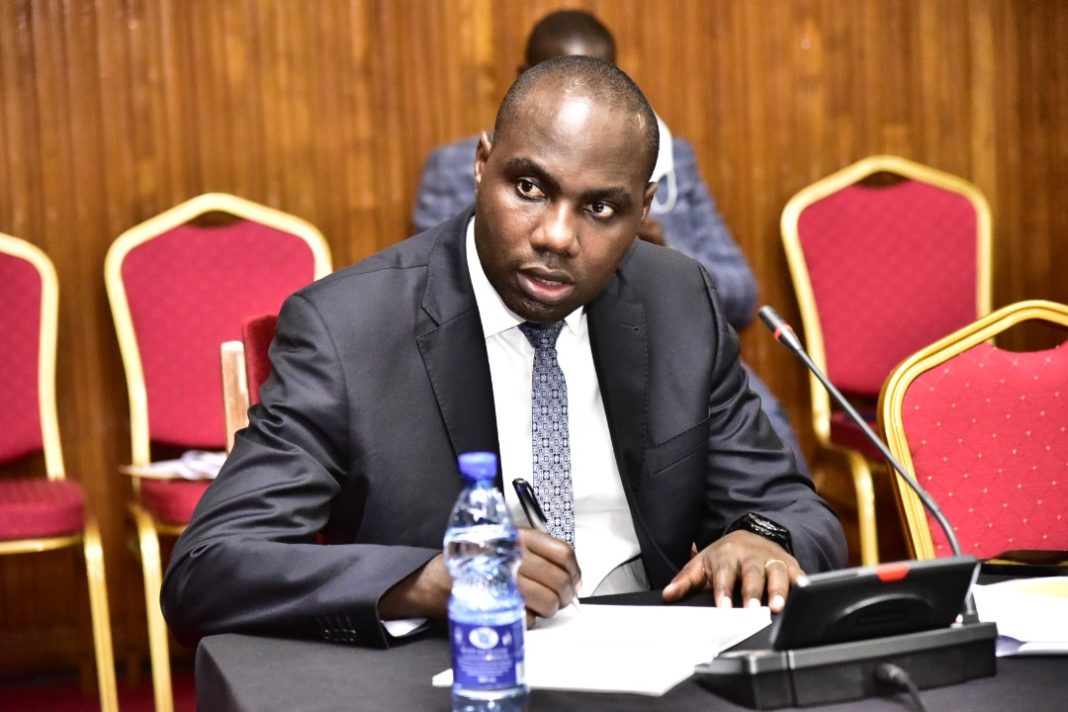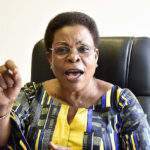The Minister of State for Finance Henry Musasizi has tabled Shs3.5 trillion supplementary budgets for among others paying war reparations to DRC, debts and facilitating national census.
Appearing before the finance committee of parliament, Musasizi said he introduced before parliament supplemented expenditure under schedule one for financial year 2023/ 24 amounting to Uganda shillings 3.5 trillion. The funds include; Shs1.57 4 trillion and Shs1.926 trillion requires prior approval by parliament.
Section 25 of the Public Finance Management Act states that the total supplemental expenditure that requires additional resources over and above what is approved by parliament shall not exceed 3% of the total approved budget for that financial year without approval of parliament.
He said the supplementary budget is aimed at payment of the domestic debt obligations to the Bank of Uganda amounting to Shs3 trillion. As of June 2023, the government owed the central bank, Shs4.8 trillion, which had accumulated from the financial year 2019/20.
“In order to support the recovery of the economy from slowdown brought by #Covid-19 government expenditure as expansionary in order to provide a fiscal stimulus to various sectors of the economy, however, the government was not able to fully fund its expenditure. Accordingly, the Bank of Uganda met government obligations on domestic debt redemptions. Now that the economy is recovering and given the prevailing macroeconomic conditions, it is important that the government pays off its obligation to the central bank,” he said.
The funds will also go towards refunding of World Bank funded projects of Uganda intergovernmental fiscal transfer and Uganda support to municipal infrastructure development; however, some votes were not able to absorb funds by end of data 22/23 and the appropriation expired. There is a need to revote this expenditure and provide corresponding funding for it given our commitment to these programs, which support the critical expenditures of school and health centers construction and the joint agreement with the World Bank.
“The funds will also support critical government policy commitments that cannot be postponed such as the National census, mass enrollment and renewal of national ID and the government’s commitment support research and development and other statutory obligations, such as payment of International Court of Justice award to the Democrat Democratic Republic of Congo, payment of debt incurred to purchase shares in Roko and payment of interest on debt,” he said.








